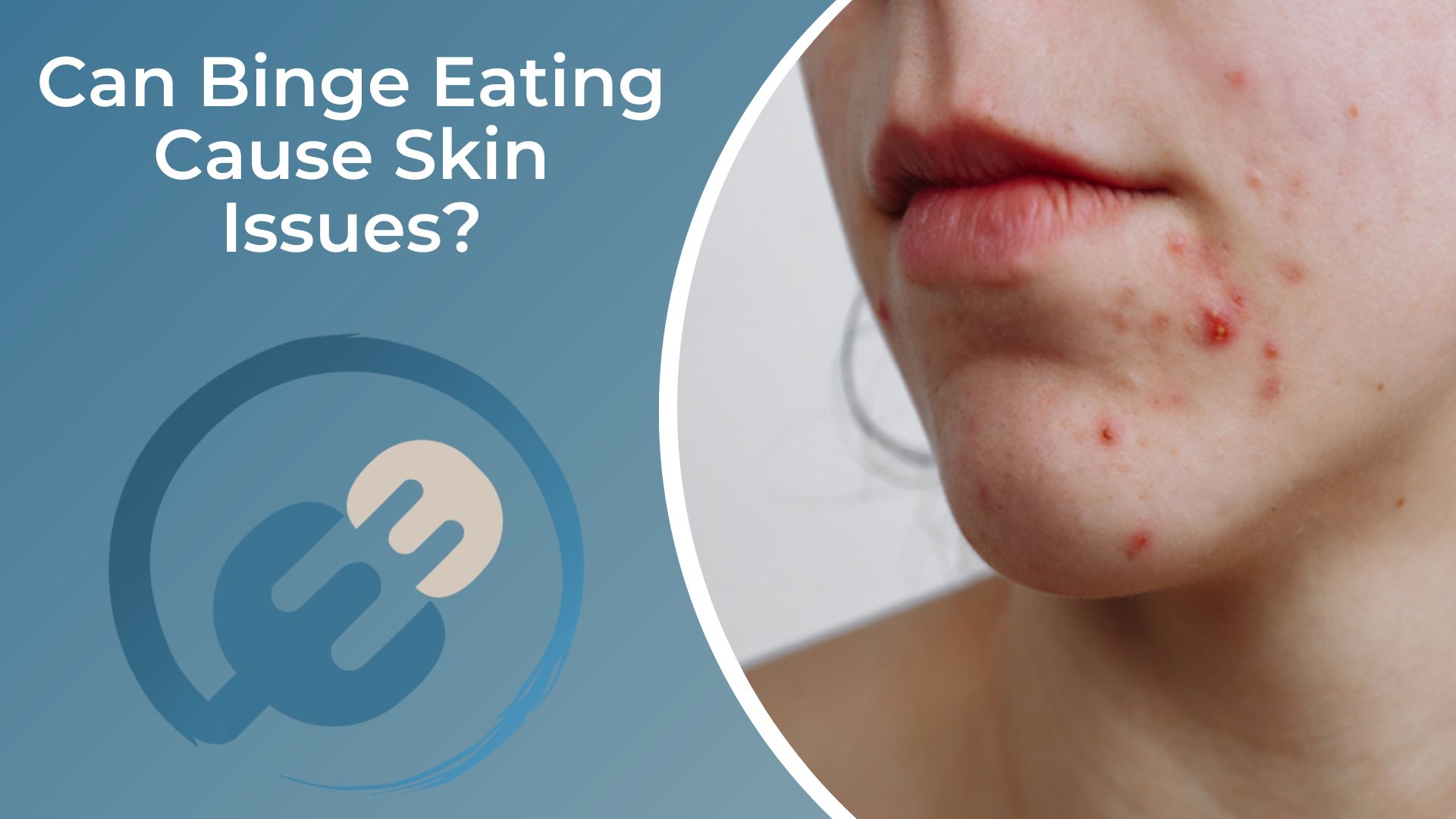Food, especially sugary snacks, have long been linked to acne breakouts. You may have heard this from your auntie’s unsolicited advice ‘to stop eating chocolate.’ This article aims to deep-dive into this idea, separating fact from fiction. You may want to check out the best supplements for acne as well.
What is Glycemic Load?
Unless you’re diabetic, or very into fitness, it’s unlikely you’ve ever heard of glycemic load. It’s a measure of the amount of carbohydrates found within different foods, as the amount of carbohydrates present will alter the impact the food has on your blood sugar level. The lower the glycemic load, the slower that your blood sugar will rise after eating the particular food.
Glycemic load is more helpful when discussing health than glycemic index, as it also takes into consideration the size of the food. For example a small apple may have a glycemic load of 6, but eating two large ones may be a glycemic load of 18. Both are ‘healthy’ choices, as apple’s are undeniably good for you – yet there is a clear difference in glycemic load.
So, Why Does Glycemic Load Matter?
A high glycemic load means it’s much more likely for the blood sugar to spike, creating a too high blood sugar level. This is known as hyperglycaemia, which when prolonged can cause many physical symptoms, as well as impacting skin health.
Hyperglycaemia will cause a large amount of insulin to be released into the blood, as this hormone will combat the high blood sugar and bring it to a normal range. However, high levels of insulin will also trigger a hormone called IGF-1, which alters cellular processes which are linked to increasing inflammation, oil production and the production of pimples. I’m sure most people who have chronic acne can relate to those 3 things – I certainly can!
How Do Insulin and IGF-1 Actually Impact the Skin?
IGF-1 isn’t always a bad thing for the body, if you’re someone who works out it really helps with muscle recovery and building. So if you take the gym seriously, and include supplements for your workouts it’s quite likely that IGF-1 is found within them. Hence if you’re a gym-goer, and struggle with acne it may be worth dropping any IGF-1 containing supplements to see if it helps your skin!
Within the skin IGF-1 drives the production of many more skin cells, but it doesn’t speed up the turnover of these cells. It’s like increasing the number of cars on a road without increasing the lanes open – you’re going to get congestion! This increased number of cells is likely to clog the pores, creating more pimples. However, that’s not all! IGF-1 also leads to the overproduction of oil, meaning the bacteria within pores can thrive, increasing their population and increasing the size of your acne breakout *insert crying emoji*
So, Does This Mean I Need to Quit Junk Food?!
No, this is likely to make your acne worse if anything. The majority of people who embark on a drastic diet to help ‘cure’ their acne will find it incredibly tough to keep up long-term, and end up binging foods they miss! Have you seen The Hungry Caterpillar meme?! I think many of us can relate to this
The problem with binging (even if it’s on ‘healthy’ food) is the large amount of carbohydrate consumed in a small period of time, aka the overall glycemic load is high.
This creates a large spike in blood glucose levels, insulin production and IGF-1 levels.
What’s the Best Advice for Acne and Food?
Eating smaller, more frequent meals is a great option, as it will keep your blood sugar much more stable than 2 larger meals. Having large amounts of carbohydrate-filled foods will spike your blood glucose levels greatly, which is the trigger for insulin and IGF-1 levels to spike (causing those negative skin impacts!)
Don’t cut out your favorite foods from your diet in the hope your skin will clear – you’re likely to really miss them, and end up binging. It’s better to eat one small bar of chocolate mid-afternoon when you really fancy it, rather than fighting the urge and ending up eating 6 bars at 11pm.
It’s also a great idea to add nutritious foods which will add vitamins to your body, and may help fight inflammation – something many acne sufferers know all too well.
What is Insulin Resistance, and How Does It Impact Acne?
Insulin’s job is to move glucose from the bloodstream, into the liver or muscle cells for storage, waiting until it is needed again in the future. Insulin resistance will occur when the blood glucose level is above normal, and then more carbohydrate-filled foods are consumed. This raises the levels further, triggering more insulin to be released. For the same amount of glucose to be moved into the cells for storage, more insulin is needed. Over time, the amount of insulin needed to do the same job increases – this is insulin resistance.
Insulin resistance has been linked to the overproduction of oil, which we know to increase the risk of pore-clogging and pimple formation.
The Take Home Message
Don’t overestimate, or underestimate the power of your diet when controlling your acne. It’s important to ensure your diet is rich in vitamins, allowing inflammation to be treated. It’s also a good idea to focus on glycemic load – meaning blood glucose levels will be well controlled, minimizing the risk of IGF1 and insulin levels spiking, as well as lowering likelihood of insulin resistance occurring.
Controlling these factors reduces the overproduction of skin cells and oil, and hence the formation of pimples.



